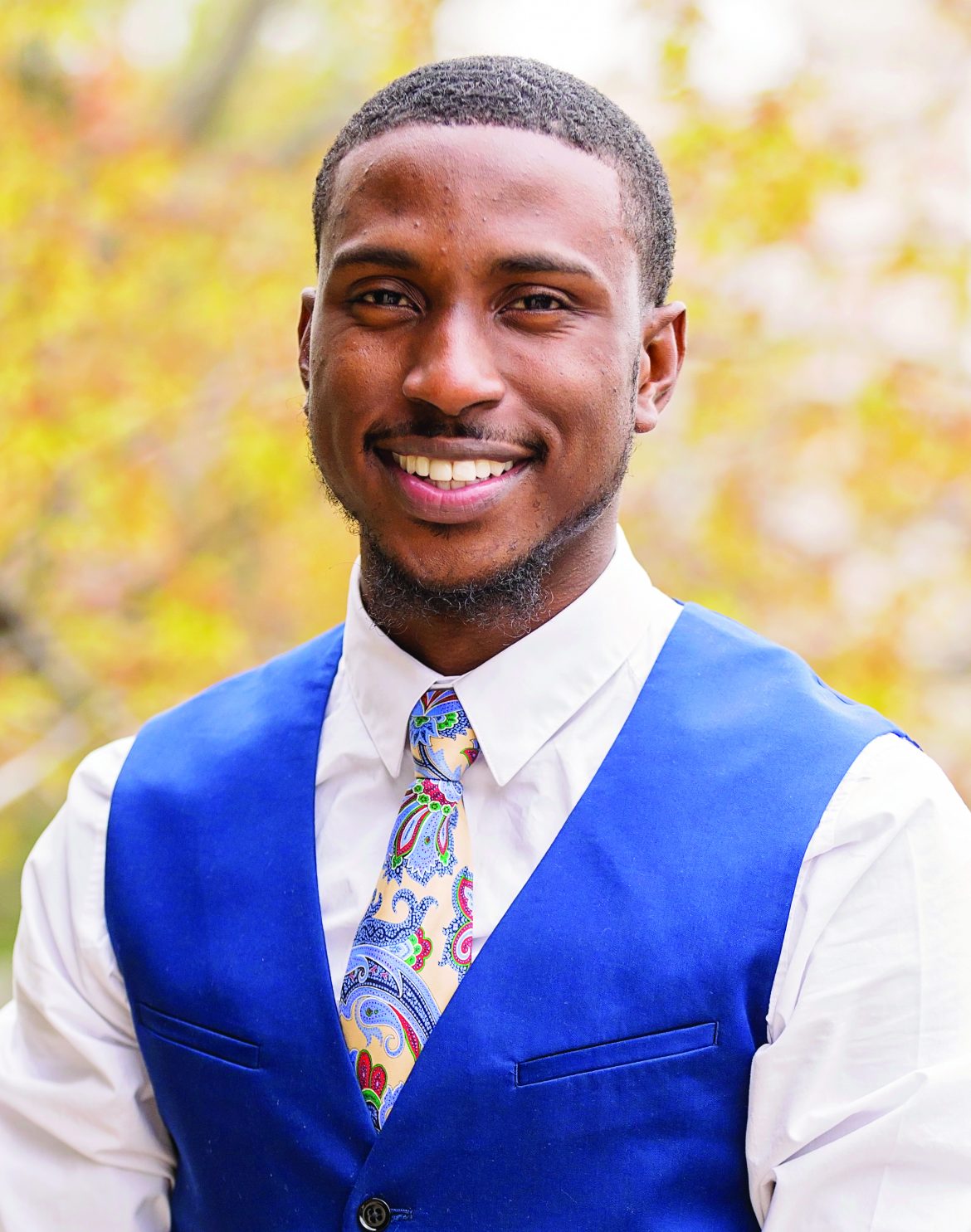Michael Bonner rose to prominence when a music video he helped his second grade class produce went viral. As the views racked up, people took notice, including TV host Ellen DeGeneres, who surprised Bonner by interviewing and showcasing his work on her popular talk show.
After that, Bonner’s career took off. Continuing to teach, he also travels the worlds helping inspire his fellow educators to use fun, unconventional ideas to connect with students. That’s why he’s one of our featured presenters at the 2020 TCEA Convention & Exposition.
As a preview for his much-anticipated talk, we chatted with Bonner about his career and the lessons he’s learning along the way.
“The Problem Was Really Me” Says Michael Bonner
Bonner’s success didn’t start in front of cameras and on global stages. It started with failure.
He began his career at South Greenville Elementary in Greenville, South Carolina. “I was teaching the essential questions: who, what, where, when, why, and how,” he says, “and I thought I did good with the lesson.” He laughs. “But only two of 20 [students] passed.”
That hit him hard. “I was like, ‘What is going on?’ And I started to point the finger at the children, not realizing the problem was really me.”
So he tried again, this time giving his students an end goal. “I said, if 14 of you pass, I’ll make a music video for you. And they look at me with determination, and it was something different, even for second-graders.”
They passed on the next try. So Bonner helped produce a video featuring the students about the lesson and quietly uploaded it on Friday. He didn’t tag Ellen; he just posted it for the class to see the reward for their hard work and mastery.
Unconventional Education
But through the magic of internet vitality, the video spread. “That video has a life of its own,” he says, “and ever since that moment, it’s been a wonderful thing, because it proves to me that it’s okay to be unconventional in education.”
Now at the Ron Clark Academy in Atlanta, Michael Bonner believes his notoriety comes not just from the energy he brings to his students and his personal talents, but to his desire to understand how people work and learn. As a young teacher, he picked up on it quickly.
“I quickly found out that children from all different backgrounds have the capability to learn. It just takes a teacher who’s willing to fight through biases and give the proper instruction needed to be successful.”
After the Ellen appearance, schools and educators began to reach out, asking for Bonner to speak with educators about the ways he keeps his students engaged. It quickly grew. In the past three years, he’s presented at more than 130 events around the world. “It’s been a really great way to meet with teachers who really want to improve the education system,” Bonner says of his international speaking engagements.
Originally, Bonner thought he’d work in psychology. It seemed like a steady human-centered job with good pay. He didn’t want to follow a psychology PhD course, however, though his interest in the field has remained consistent. He says it helps him understand and work with students, coworkers, and well, just about everyone.
“Understanding neuroplasticity, how the brain works, it’s been a great supplemental piece of who I am as an educator. Using psychology in the classroom has benefited me so much, because social-emotional learning is a real thing.”
He’s convinced that educators must continue their focus on understanding the populations where they teach, and using that understanding to connect with the students under their care. That understanding, he says, can only come in concert with administrators, students, and the community at large.
Bonner hints that this understanding — of diversity in communities and even between individuals, as well as the leadership required to bring it together — will be a major part of his featured presentation at TCEA 2020.
“And we’re gonna rock it out. I guarantee.”

